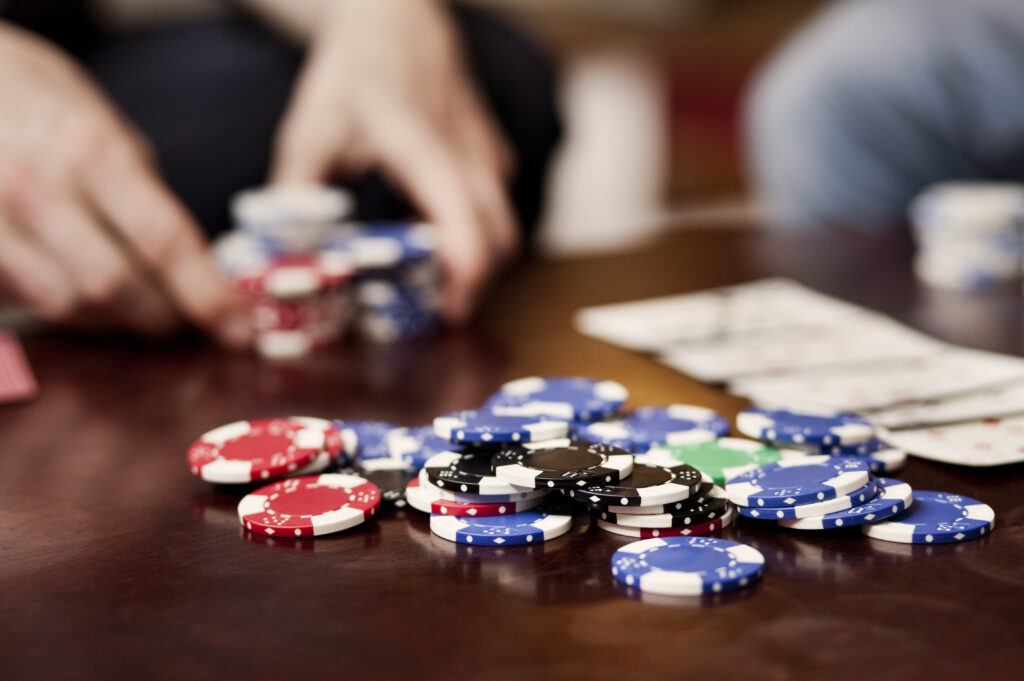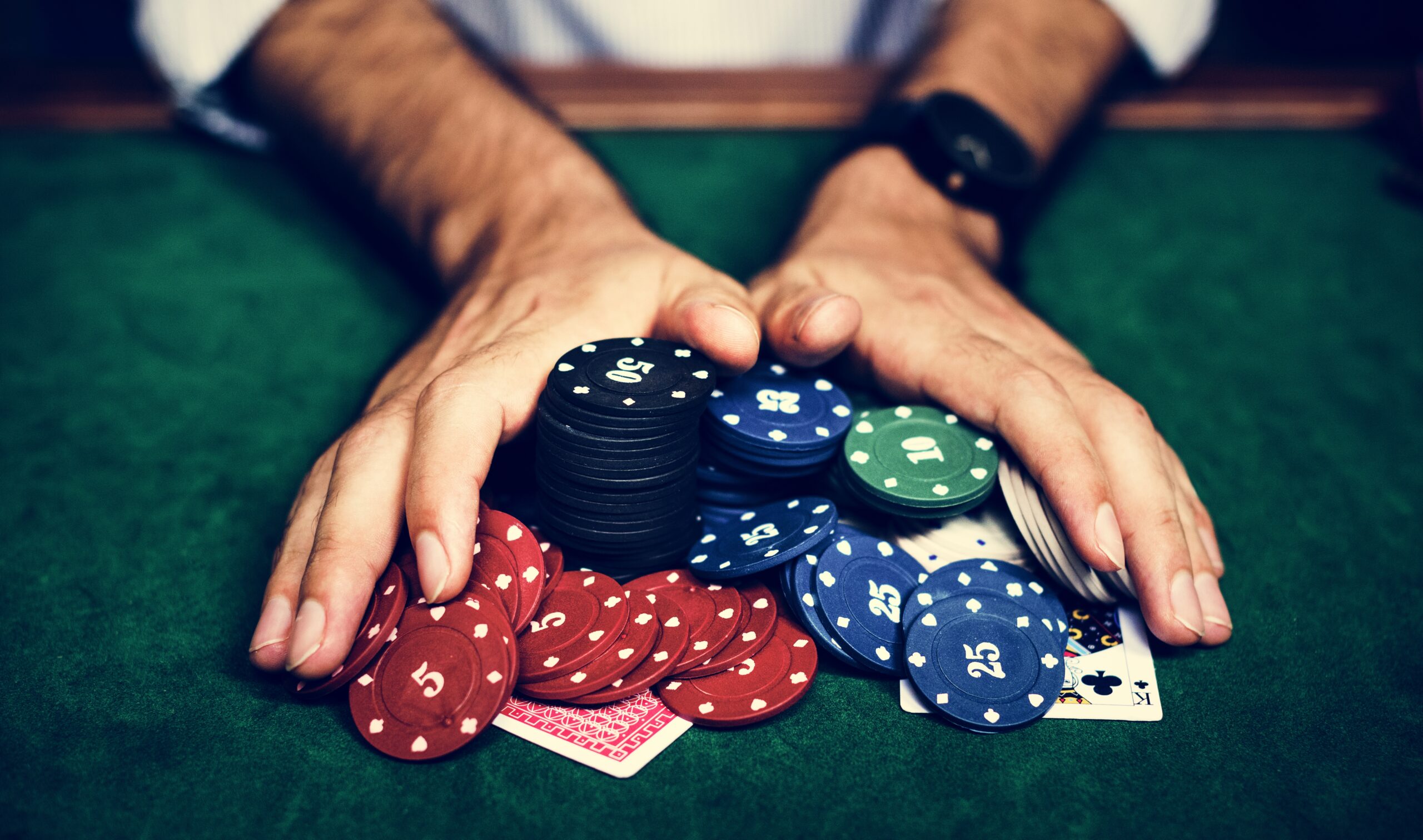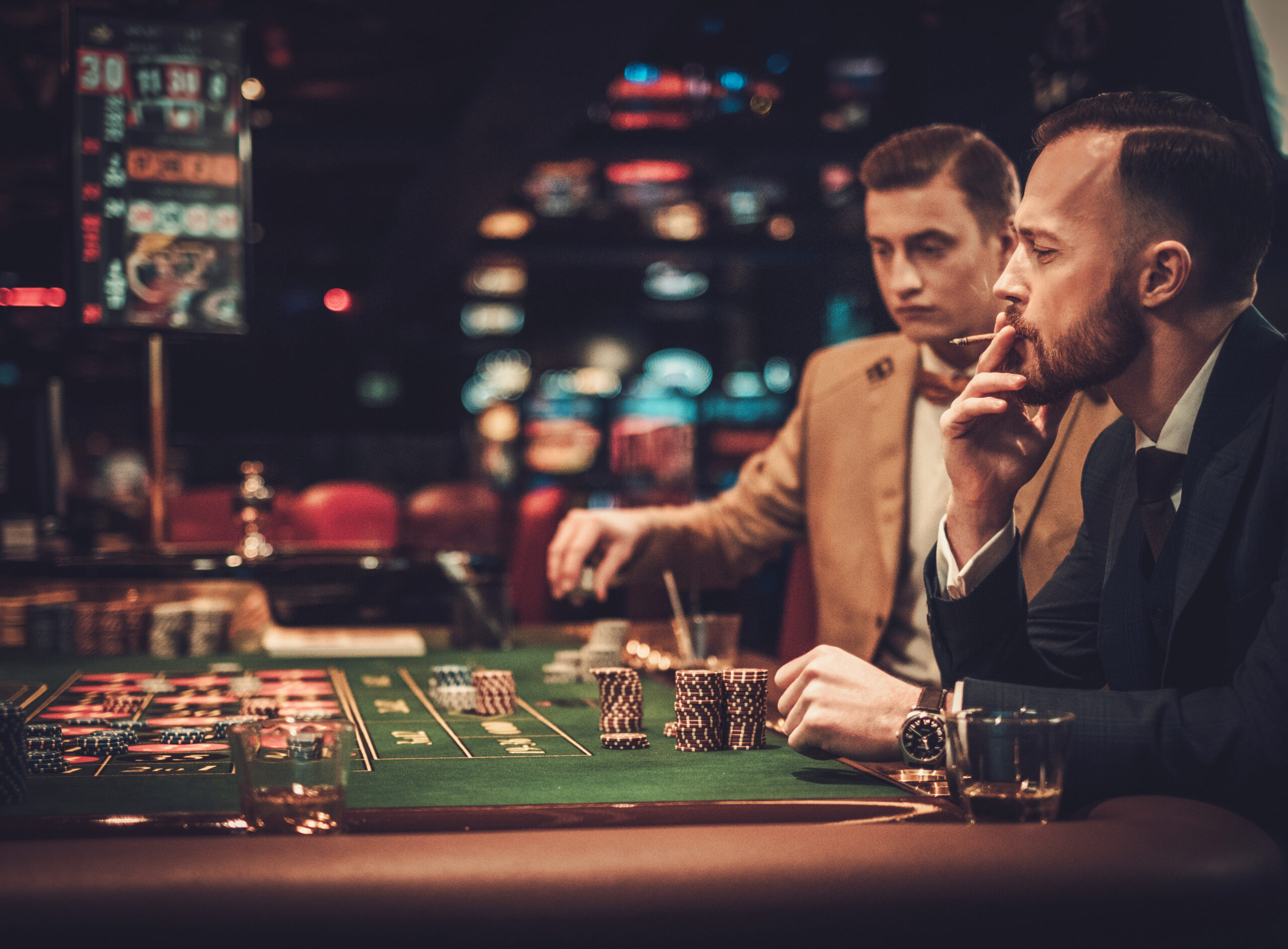The Psychology of Gambling: Understanding the Thrill and Risks

Have you ever wondered why gambling can be so addictive? What about the thrill of taking risks keeps people coming back for more?
Gambling has been a popular form of entertainment for centuries, but it’s not just about winning or losing money. There is a psychological aspect to gambling that can be fascinating to explore.
Understanding the psychology behind gambling can help shed light on why people are drawn to it and the potential risks involved. From the excitement of uncertainty to the allure of potential rewards, there are various factors at play that contribute to the thrill of gambling. In this article, we will delve into the psychology of gambling and explore the reasons why it can become a compulsive behavior for some individuals.
The Allure of Risk and Reward
One of the key factors that draw individuals to gambling activities is the allure of risk and reward. The thrill of taking a chance, the excitement of potentially winning big, and the anticipation of unknown outcomes can be incredibly enticing. The human brain is wired to seek out rewards, and gambling provides a unique opportunity to engage with this reward pathway. When individuals place a bet or participate in a game of chance, the brain releases dopamine, a neurotransmitter associated with pleasure and motivation. This release of dopamine creates a pleasurable sensation, often referred to as an adrenaline rush, which can be highly appealing.
Additionally, the element of risk involved in gambling can also activate the brain’s loss aversion system, heightening the emotional response when faced with potential losses. This combination of the potential for big rewards and the fear of losing can create a powerful psychological experience that compels individuals to continue gambling in pursuit of that elusive win.

Illusion of Control and the Sense of Power
The illusion of control is a psychological factor that plays a significant role in gambling activities. It refers to the belief that individuals have control or influence over the outcome of games of chance, even when the outcomes are primarily random. This illusion of control gives people a sense of power and enhances the thrill of gambling.
Individuals who experience the illusion of control believe that their actions and decisions can affect future outcomes. They may develop strategies, use lucky charms, or adopt specific rituals to increase their chances of winning. This illusion is reinforced by the occasional small wins or near-misses, leading gamblers to attribute their success to their own skills rather than luck.
The sense of power associated with the illusion of control adds to the allure of gambling. It gives individuals a feeling of being in control, even in an activity that is largely based on chance. This psychological factor makes gambling more appealing, as it taps into our innate desire for control and the need to feel powerful.
However, it’s important to remember that gambling activities are ultimately games of chance, and the outcomes are determined by random processes. Understanding the illusion of control can help individuals make more informed decisions and engage in responsible gambling practices. By recognizing the influence of this psychological factor, individuals can avoid excessive gambling, minimize potential risks, and make choices based on realistic expectations.
Adrenaline Rush From Risks Taking
An adrenaline rush from taking risks is a psychological concept that plays a significant role in the thrill of gambling activities. The uncertainty and potential rewards associated with gambling create an exhilarating experience that releases adrenaline in the body.
Gamblers are drawn to the unpredictability and excitement that comes with risking their money. The uncertain nature of gambling activities, whether it be spinning the wheel on a roulette table or playing a hand of poker, triggers a release of adrenaline. This rush is the body’s physiological response to the perceived risks involved.
During an adrenaline rush, the heart rate and blood pressure increase, and the body goes into a state of heightened alertness. This surge of adrenaline not only adds to the excitement but also enhances the overall emotional experience of gambling.
The impact of adrenaline on the body contributes to the thrill of gambling by intensifying the emotional highs and lows. The combination of the uncertainty of outcomes and the potential for significant rewards creates a rollercoaster of emotions for gamblers. The release of adrenaline amplifies these emotions, making the experience more captivating and addictive.
Release of Dopamine as a Reward for Wins
The release of dopamine in the brain plays a pivotal role in reinforcing the pleasurable experience of winning in gambling activities. Dopamine is a neurotransmitter associated with pleasure and reward, and when a person wins a bet or achieves a favorable outcome in a game of chance, dopamine is released, creating a sense of satisfaction and reinforcing the behavior.
The activation of the reward system in the brain is a key factor in the allure of gambling. When a person takes a risk and wins, the brain’s reward system is triggered, leading to the release of dopamine. This activation creates a pleasurable sensation, which encourages individuals to continue taking risks in pursuit of further rewards. The anticipation of winning and the subsequent release of dopamine create a reinforcing loop that drives individuals to engage in gambling activities.
The release of dopamine not only enhances the overall enjoyment of the gambling experience but also encourages individuals to take more risks. The desire for that pleasurable dopamine surge can lead to excessive gambling and the development of addictive gambling habits.
Understanding the role of dopamine in the psychology of gambling can help individuals make more informed decisions and engage in responsible gambling practices. By recognizing the powerful influence of dopamine and the reward pathway in the brain, individuals can better manage and control their gambling behavior.
Potential Negative Consequences of Uncontrolled Gambling Activities
While gambling can be a form of entertainment and provide social interaction, it is crucial to understand the potential risks and negative consequences that can arise from uncontrolled gambling activities. Excessive gambling can lead to financial difficulties, strained relationships, and even psychological distress. The allure of risk and the illusion of control can trick individuals into overlooking the adverse effects of their gambling habits. The release of dopamine during the thrill of gambling can make it difficult to stop, leading to a compulsive or pathological gambling behavior.
Additionally, the near-miss effect, where individuals come close to winning but ultimately lose, can further reinforce the addictive nature of gambling. It is important to practice responsible gambling and make informed choices to prevent falling into the trap of excessive gambling and the detrimental consequences it can bring.

Financial Losses
Financial losses are a significant risk when it comes to uncontrolled gambling activities. The allure of gambling lies in the potential rewards and the thrill of risk. However, the negative consequences can be detrimental. Near-misses, in particular, play a crucial role in fueling the psychological factors that contribute to chasing losses.
Near-misses occur when the outcome of a gambling game is close to a win but falls short. Interestingly, near-misses activate the reward pathways in the brain, triggering a release of dopamine, a neurotransmitter associated with pleasure and motivation. This dopamine release increases the motivation to continue gambling, as individuals perceive the near-miss as an indication that they are close to winning.
The emotional consequences of losses are also significant. The fear of missing out and the sunk cost fallacy can be strong psychological drivers to chase losses. People often feel compelled to continue gambling in hopes of recovering their losses, leading to further financial setbacks.
Understanding the psychological factors at play and the impact of near-misses is essential for responsible gambling practices. Recognizing the potential financial losses and the emotional consequences can help individuals make informed decisions and take steps to avoid excessive gambling. It is crucial to be aware of the risks involved and to maintain a balanced approach to gambling, both as a form of entertainment and as a potential risk for financial loss.
Social Isolation
Excessive gambling can have a detrimental impact on individuals, leading to social isolation. Gambling addiction can consume a person’s life, causing them to withdraw from social activities and relationships. As the addiction takes hold, the individual may prioritize gambling over spending time with friends and family, leading to decreased social interactions.
The compulsive need to gamble can cause individuals to become increasingly isolated, both physically and emotionally. They may spend excessive amounts of time at gambling or online casinos platforms, neglecting their social connections. This withdrawal from social activities can lead to a breakdown in relationships, as friends and family members may feel neglected or excluded.
The emotional effects of social isolation in the context of gambling addiction are profound. Individuals may experience feelings of loneliness, depression, and anxiety due to their lack of social support. Without the presence of loved ones to provide emotional support, individuals may turn to gambling as a coping mechanism, perpetuating the cycle of addiction.
Furthermore, social isolation can exacerbate the negative consequences of excessive gambling. Without a support network to offer guidance and intervention, individuals may continue to engage in harmful gambling behaviors, further deepening their addiction and financial troubles.
Relationship Problems
Uncontrolled gambling activities can significantly impact relationships and lead to a host of relationship problems. Excessive gambling can create conflicts and strained relationships with partners, family members, and friends.
When gambling becomes a priority over responsibilities and commitments, it can erode trust within relationships. Partners may feel lied to or deceived about the amount of time and money spent on gambling. This breach of trust can result in feelings of resentment and betrayal, damaging the foundation of the relationship.
Communication breakdown is another common consequence of excessive gambling. Individuals may become secretive about their gambling habits or engage in dishonesty regarding their losses and debts. This lack of transparency can lead to misunderstandings, arguments, and further strain the relationship.
The emotional well-being of both the gambler and their loved ones can be negatively impacted. Partners and family members may experience anxiety and stress due to the financial instability caused by excessive gambling. They may also feel neglected, as the time and attention that should be devoted to the relationship is instead focused on gambling activities.

Conclusion
In conclusion, gambling is a complex phenomenon with many psychological and physiological effects. It can be a thrilling experience, but it can also lead to addiction, financial problems, and other negative consequences. Understanding the psychology of gambling can help individuals assess their own behavior and make better decisions when it comes to games of chance. With the right knowledge and support, people can enjoy gambling in a responsible manner while still enjoying its thrills.







